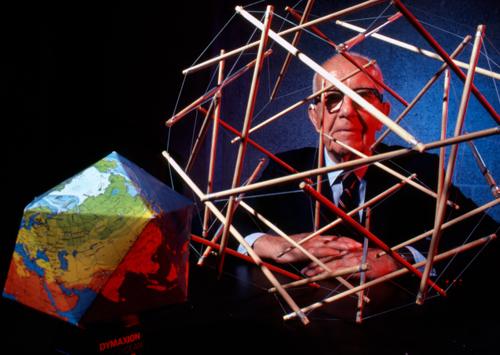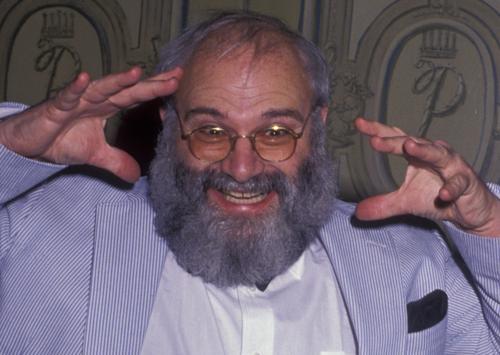Listen to New Voices on Studs Terkel our partnership with 826CHI-here! Read the Story
Showing 1 - 9 of 9 results
-
Richard C. Lewontin in conversation with Studs Terkel
Mar. 4, 1982 Discussing the controversy over teaching evolution in public schools, correcting popular misinterpretations of Darwin's theories, and defining Social Darwinism with author and geneticist Richard Lewontin.
-
R. Buckminster (Richard ) Fuller talks with Studs Terkel
Jan. 20, 1965 A sprawling conversation with R. Buckminster Fuller including his great aunt Margaret Fuller, future communication, the nature of work, human nature, and physics.
-
Physicist Leo Stodolsky and Gerald Temaner talk with Studs Terkel ; part 1
Nov. 1, 1961 Leo Stodolsky and film director Gerald Temaner discuss college students' activity — or lack thereof — and their magazine, New University Thought.
-
Oliver W. Sacks talks with Studs Terkel
Mar. 15, 1995 Discussing the book "An Anthropologist on Mars: Seven Paradoxical Tales" (published by Knopf) with the author, neurologist Dr. Oliver Sacks.
-
Oliver W. Sacks discusses the history of ASL and deaf community
Sep. 21, 1989 Dr. Oliver W. Sacks talks about the treatment of deaf people throughout history and the development of ASL as written in his book "Seeing Voices".
-
Oliver W. Sacks discusses the book "Seeing Voices: A Journey Into the World of the Deaf"
Feb. 5, 1990 Discussing the book "Seeing Voices: A Journey Into the World of the Deaf" (published by University of California Press) with the author, neurologist Dr. Oliver Sacks. Includes passage from the book.
-
Oliver W. Sacks discusses deaf experiences as detailed in his book "Seeing Voices"
Oct. 26, 1990 Dr. Oliver W. Sacks discusses people and concepts presented in his book "Seeing Voices"; the interview is for the paperback release.
-
Bob and Joan Ericksen discuss the literary work of Peter Weiss and environmental ecology
1967 Bob and Joan Ericksen, both educators, artists, and environmental ecologists, discuss the literary work of Peter Weiss' "I Come Out of My Hiding Place" and environmental ecology. Excerpt of Peter Weiss reading from "I Come Out of My Hiding Place." The book speaks of why he writes and why he pursues his art (unknown source). The interview ends with a reading by Studs of an excerpt fro, Gustav Meyrink's "The Green Face."





